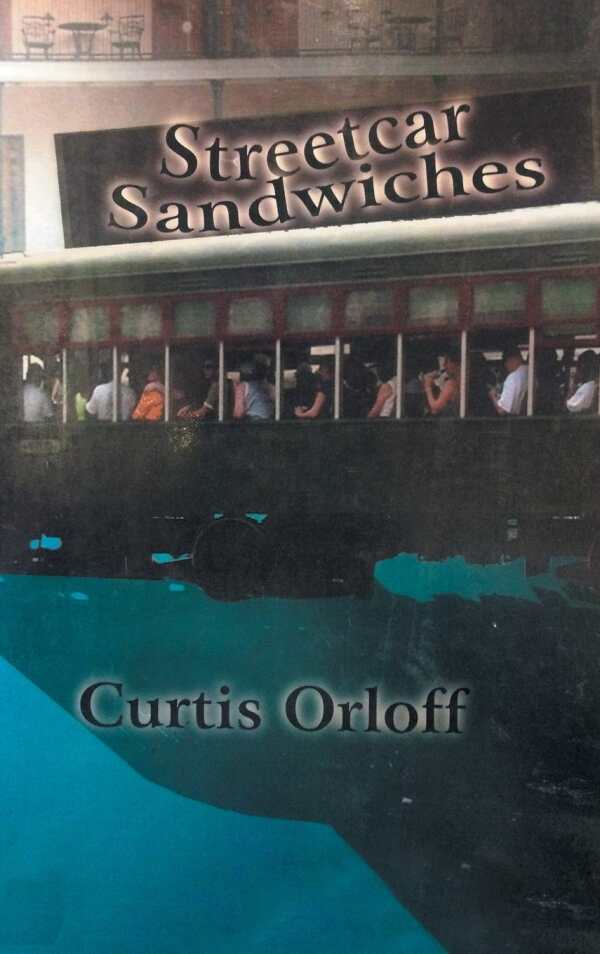Streetcar Sandwiches
The screenplay Streetcar Sandwiches is a dystopian takedown of government oversight gone awry.
Curtis Orloff’s screenplay Streetcar Sandwiches is a dystopian work about the consequences of a Big Brother state.
The story is set in an alternative New Orleans in 2005. Susan is the owner of Streetcar Sandwiches, a sandwich shop in the French Quarter. In this role, she navigates the bureaucracy of the imposed security state in which she lives, hoping to save her livelihood and her employees.
Here, New Orleans is under strict government control. Laws have passed that force demographic equality in all parts of society, and government officials descend upon Streetcar Sandwiches without warning to impose the newest laws and sanctions. Because of these changes, Susan is supposed to choose between laying off loyal employees or fulfilling the government’s requirements that each business hire employees that match the demographic makeup of their neighborhoods. Society around her shop has crumbled, and high unemployment means that many citizens live with social programs and government subsidies.
Using the framing of the struggling shop, the narrative examines the problems associated with a totalitarian regime. Here, the goal is to provide full equality among citizens. Susan is a strong woman and a former activist who uses her degree in political science to inform her navigation of government bureaucracy. Yet, as she maneuvers through circular visits to the offices of low-level bureaucrats, committee members, and lawyers, she discovers that the government creates the rules of this new society for petty reasons without the “greater good” in mind. In the course of her discoveries, criticisms of the consequences of taking policies like affirmative action too far arise.
Too many characters are involved in this work, and they are not developed enough on an individual basis. Gabriella, an undocumented Guatemalan, and Rickey, a Cuban fry cook, are present only to prove that Susan’s shop is diverse, even if it is not diverse in the way that the state wants. Others, known only through their types, like “an Asian girl” and “a Pakistani student,” do not serve the plot.
John, Susan’s former boyfriend and the co-owner of the shop, and Mary, John’s current girlfriend, are included to flesh out Susan, but are not themselves developed beyond stereotypes: John is an angry shop manager, and Mary is a jealous girlfriend. Even Susan falls victim to stereotyping: her strongest tool as she stands up to powerful people seems to be her low-cut shirts and over-applied makeup. The ultimate solution to the neighborhood’s problems is procured through a heavy-handed plot device.
The screenplay Streetcar Sandwiches is a dystopian takedown of government oversight gone awry.
Reviewed by
Holly Jordan
Disclosure: This article is not an endorsement, but a review. The publisher of this book provided free copies of the book and paid a small fee to have their book reviewed by a professional reviewer. Foreword Reviews and Clarion Reviews make no guarantee that the publisher will receive a positive review. Foreword Magazine, Inc. is disclosing this in accordance with the Federal Trade Commission’s 16 CFR, Part 255.

